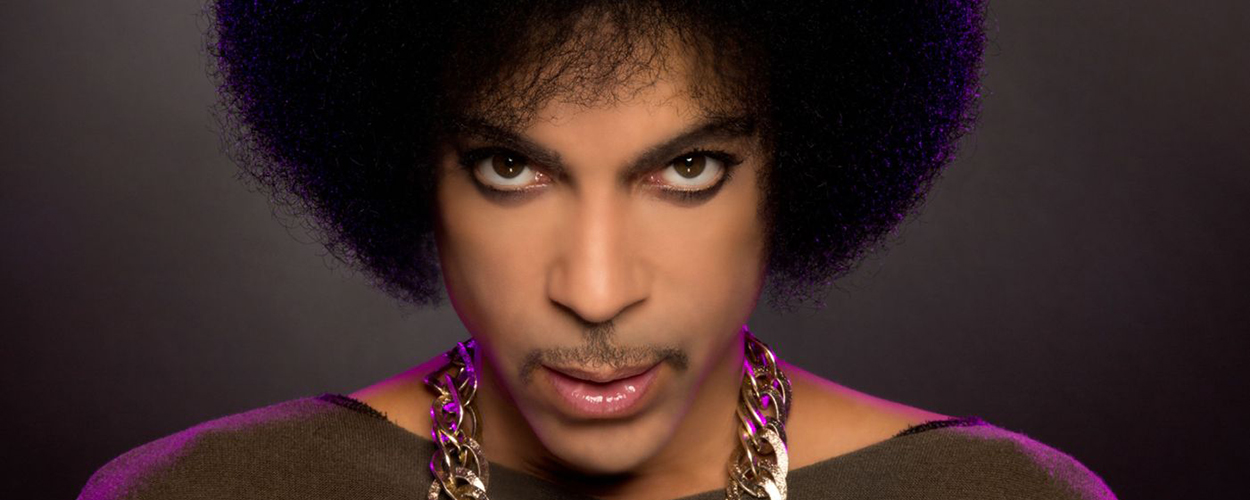This website uses cookies so that we can provide you with the best user experience possible. Cookie information is stored in your browser and performs functions such as recognising you when you return to our website and helping our team to understand which sections of the website you find most interesting and useful.
Artist News Business News Digital Legal
US court rules fair use didn’t apply to unofficial Prince videos on YouTube
By Chris Cooke | Published on Wednesday 8 January 2020

A US court has agreed with representatives of the Prince estate that videos of performances by the late musician unofficially posted to YouTube were not covered by the fair use principle of American copyright law.
Despite being an early innovator when it came to engaging his fans online, Prince was nevertheless known for seeking to remove unofficial recordings of his performances from the internet. And since his death in 2016 his estate has sought to do the same.
In this case, estate reps at Comerica Bank & Trust targeted six videos recorded and uploaded to YouTube by a man called Kian Andrew Habib. The estate’s reps argued that the recordings of Prince’s performance infringed the copyright in the songs being performed.
Habib argued that his recordings didn’t infringe Prince’s copyrights because his videos constituted ‘fair use’ – that being the slightly ambiguous concept under US copyright law that allows people to make use of copyright material without licence in certain scenarios.
He reckoned fair use applied because his videos were “non-commercial and transformative in nature … used no more of the original than necessary, and had no negative effect on the market for the work”.
The estate went legal in 2017, seeking court confirmation that fair use did not apply and therefore it was within its rights to keep Habib’s videos off YouTube. For his part, he ramped up his argument that fair use did in fact apply, and accused the estate of breaking rules regarding the issuing of takedown notices to websites in the US.
However, in a summary judgement issued on Monday, the judge hearing the case concluded that “Habib’s arguments misunderstand both the nature and scope of copyright protection for musical compositions”.
Habib’s artistic decisions when filming Prince perform did not mean his use of the musician’s songs was “transformative in nature”. And while he may not have directly financially benefited from posting his content to YouTube, by bigging up his videos as being “rare” and “amazing” recordings of Prince performing live he drove traffic to his YouTube channel, thus ensuring he benefited from his use of the musician’s work.
Speaking to Law360 about the judgement, Habib – who represented himself in the case – said the ruling “highlights a legal deficiency” and gives “Comerica Bank attorneys … a free pass to sue fans of Prince in a sad attempt to profit off of the Prince estate with frivolous lawsuits”. He the implied he would seek to appeal the ruling.
Of course, the most famous music case to date regarding fair use and videos posted to YouTube – and what that means for music rights owners having content removed from the video site – also involved Prince’s music. In that case, though, it was a short snippet of a Prince track in the background, which did constitute fair use, and should have been considered before the musician’s publisher had it removed.
You can learn more about the so called ‘Dancing Baby’ case in this special edition of our Setlist podcast.





